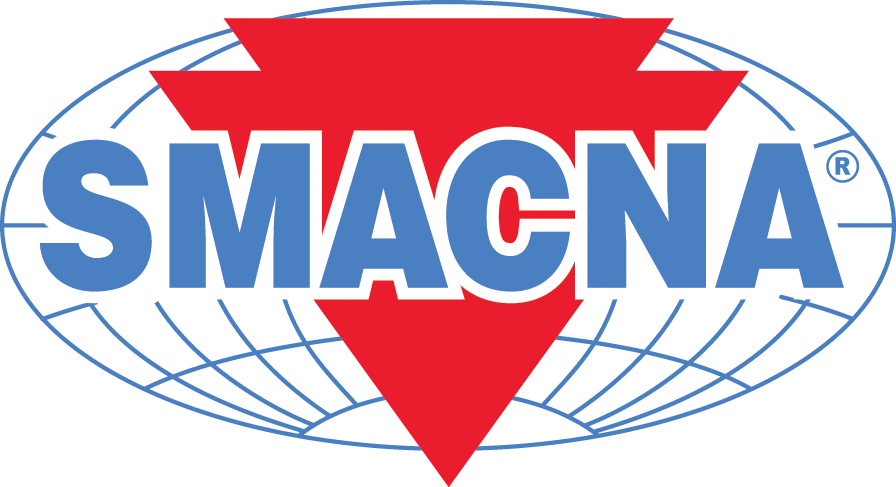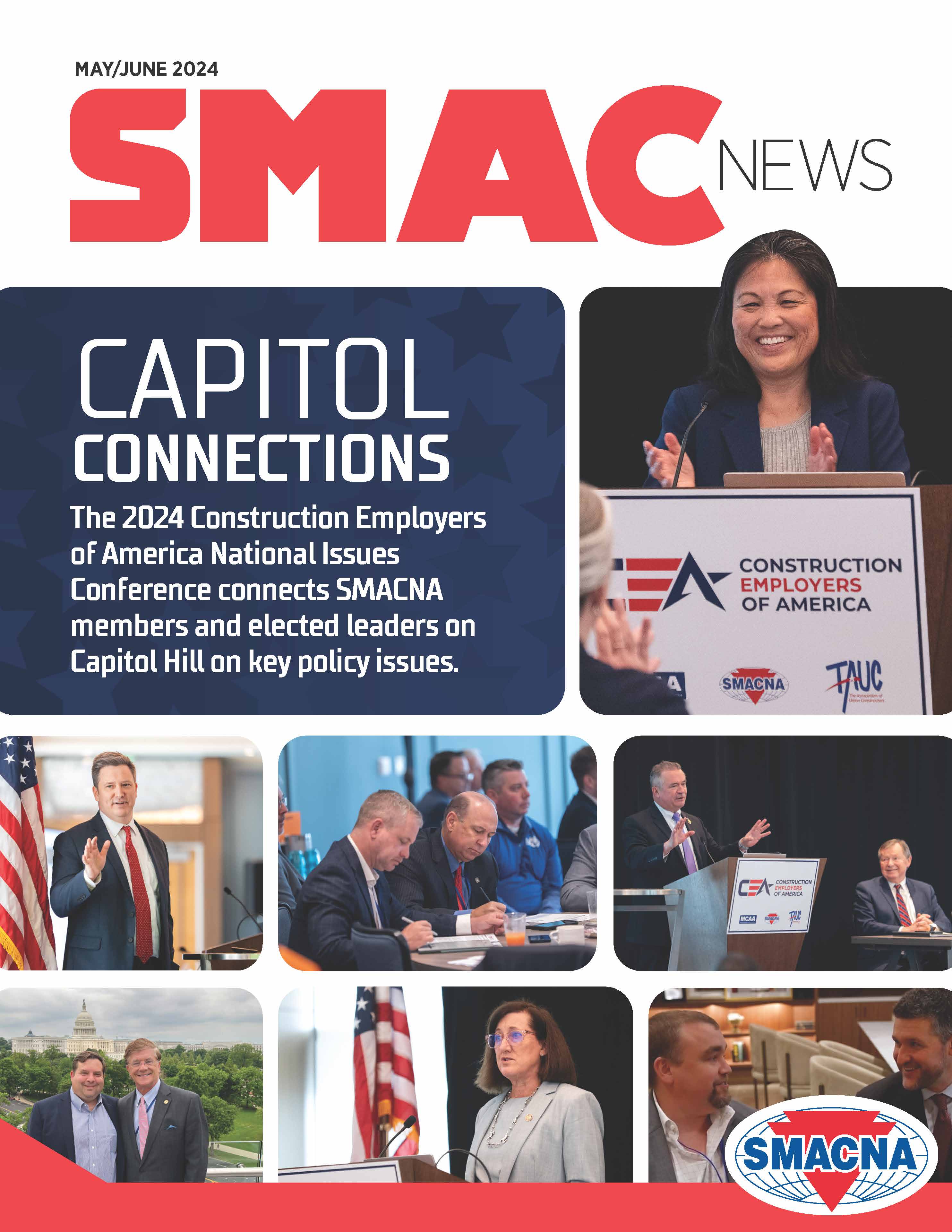Time is Running Out to Maximize Tax Benefits under the TCJA
When the Tax Cuts and Jobs Act (TCJA) was enacted in 2017, it introduced several temporary provisions that brought significant tax advantages to the construction industry.

Ronald J. Eagar
When the Tax Cuts and Jobs Act (TCJA) was enacted in 2017, it introduced several temporary provisions that brought significant tax advantages to the construction industry. With many of these provisions expiring at the end of 2025 or soon thereafter, now is the time to ensure you take advantage of all applicable tax planning strategies, including:
Income Tax. In an industry where “cash is king,” a proactive income tax deferral strategy becomes an effective means to maintain corporate capital. Based on the types of contracts your construction company performs under, there are opportunities to employ an accepted income tax reporting method as the basis of a deferral strategy. For example, while a construction company’s overall method may be accrual, to the extent any projects are completed within a single tax year, that project could qualify for cash basis. Further, a residential contractor (not a homebuilder) could employ a 70-30 accrual-cash basis split on reporting a qualifying project for tax.
The favorable income tax rates under the TCJA are set to sunset by the end of 2025. If your business is already employing an accepted deferral methodology, the strategy could shift to accelerating the recognition of income for tax advantage at the lower rates, which is a real dollar savings. This is a powerful technique that should always be revisited with your tax advisor, but especially when major tax law changes are on the horizon.
Bonus Depreciation. The TCJA doubled the first-year “bonus depreciation” deduction from 50% to 100% for long-term assets placed in service after Sept. 27, 2017, and before Jan. 1, 2023. This amount began to phase out in 2023 and will sunset in 2027.
Bonus depreciation is a tax-saving strategy that allows businesses to deduct a certain percentage of the cost of an asset in the first year it is placed in service. This accelerates the process of regular depreciation by allowing the business to deduct a higher amount sooner.
The phase-out is set to be completed in 2026 as follows:
- Property placed in service after Dec. 31, 2022, and before Jan. 1, 2024: 80% of the asset’s cost.
- Property placed in service after Dec. 31, 2023,
- and before Jan. 1, 2025: 60% of the asset’s cost.
- Property placed in service after Dec. 31, 2024,
- and before Jan. 1, 2026: 40% of the asset’s cost.
- Property placed in service after Dec. 31, 2025,
- and before Jan. 1, 2027: 20% of the asset’s cost.
Evaluate your tax-saving strategies for the 2024 tax year to determine if bonus depreciation is the best option for your business while it's still available.
Another significant change made by the TCJA is the applicability of bonus depreciation to used assets — not only new ones — beginning in 2018. Excluding real property, virtually any type of new or used tangible personal business property qualifies for bonus depreciation if it has a useful life of 20 years or less and is purchased from a non-relative.
Qualified Business Income. The TCJA created a new 20% deduction based on qualified business income to benefit owners of pass-through entities and self-employed individuals. This deduction is scheduled to end after 2025.
Employer Credit for Paid Family and Medical Leave. The TCJA authorized a new tax credit for wages paid to employees while on family or medical leave. This credit generally equals 12.5% of wages if an employee is paid 50% of normal wages while on leave, increasing to a maximum of 25% for higher payment amounts. Originally scheduled to expire in 2019, it was extended through 2025.
Trust & Estate Planning. The gift and estate tax benefits under the TCJA are still in effect, but many of the provisions are scheduled to sunset at the end of 2025. The estate tax exemption for each decedent was doubled in 2018, with inflation indexing. The current exemption for 2024 — $13.61 million — is scheduled to revert to $5 million, plus inflation indexing, in 2026. While 2024 remains a prime opportunity to take advantage of the favorable tax landscape, time is running out to maximize your gifting strategies under the TCJA.
Deciding which tax strategies are right for you in any given tax year should be done with your tax advisor. It is never too early to begin planning for the 2025 tax year (and beyond) to avoid unnecessary tax obligations and maintain vital cash flow for your projects and business.
For more information, please contact Ronald J. Eagar, CPA, CCIFP Partner at Grassi, at reagar@grassiadvisors.com or 516-336-2460.
Published: June 26, 2024
IN THIS ISSUE
10 Recommendations to Build a Culture of Respect
BE4ALL (Belonging and Excellence for All) launched in December 2021. The initiative, known as Culture of Respect today, envisions a diverse, inclusive and unionized sheet metal industry that is welcoming and fosters belonging for all.
2024 Legislative Goals on Track
SMACNA lists the following legislative priorities as making progress so far this year. Check each issue for the latest updates.
As Seasons Change, Opportunities Grow
Capitol Connections
The 2024 Construction Employers of America National Issues Conference connects SMACNA members and elected leaders on Capitol Hill on key policy issues.
Giving Construction Workers With Substance Abuse: Hope & Recovery Opportunities
Thomas S. Gunning wins Top Newsmaker Award for his work on getting Narcan on more construction jobsites in Massachusetts.
It's OK to Not Be OK
How mental health challenges are impacting the sheet metal and HVAC industry and how SMACNA and SMART are helping members fight it.
Lab Results
Massachusetts SMACNA member fabricates, installs duct for bioscience medical facility.
Milestone Detroit Development — Corktown Perennial Apartments
Rooted in the town that put the world on wheels, CASS Sheet Metal is a key contracting player in revitalizing the city’s oldest historic neighborhood one project at a time.
Not Too High and Not Too Low
Humidity control is critical for equipment in industrial facilities.
Our Voices Are Powerful Tools
Every year, I eagerly anticipate the CEA National Issues Conference, and this year was no exception.
Pro Skills Deliver an Elite Experience
HAVE Mechanical Contractors is a key player in comfort and smooth-running systems at the Spire Academy international athletics performance and education facility.
Time is Running Out to Maximize Tax Benefits under the TCJA
When the Tax Cuts and Jobs Act (TCJA) was enacted in 2017, it introduced several temporary provisions that brought significant tax advantages to the construction industry.
Understanding Overtime Challenges: Bonuses and Incentive Payments
While SMACNA contractors are familiar with the concept of “overtime” — that is, paying employees time and one-half for certain hours worked — few contractors understand how overtime paid pursuant to their collective bargaining agreement (or “CBA”)
Welcome New SMACNA Members


